Product Description
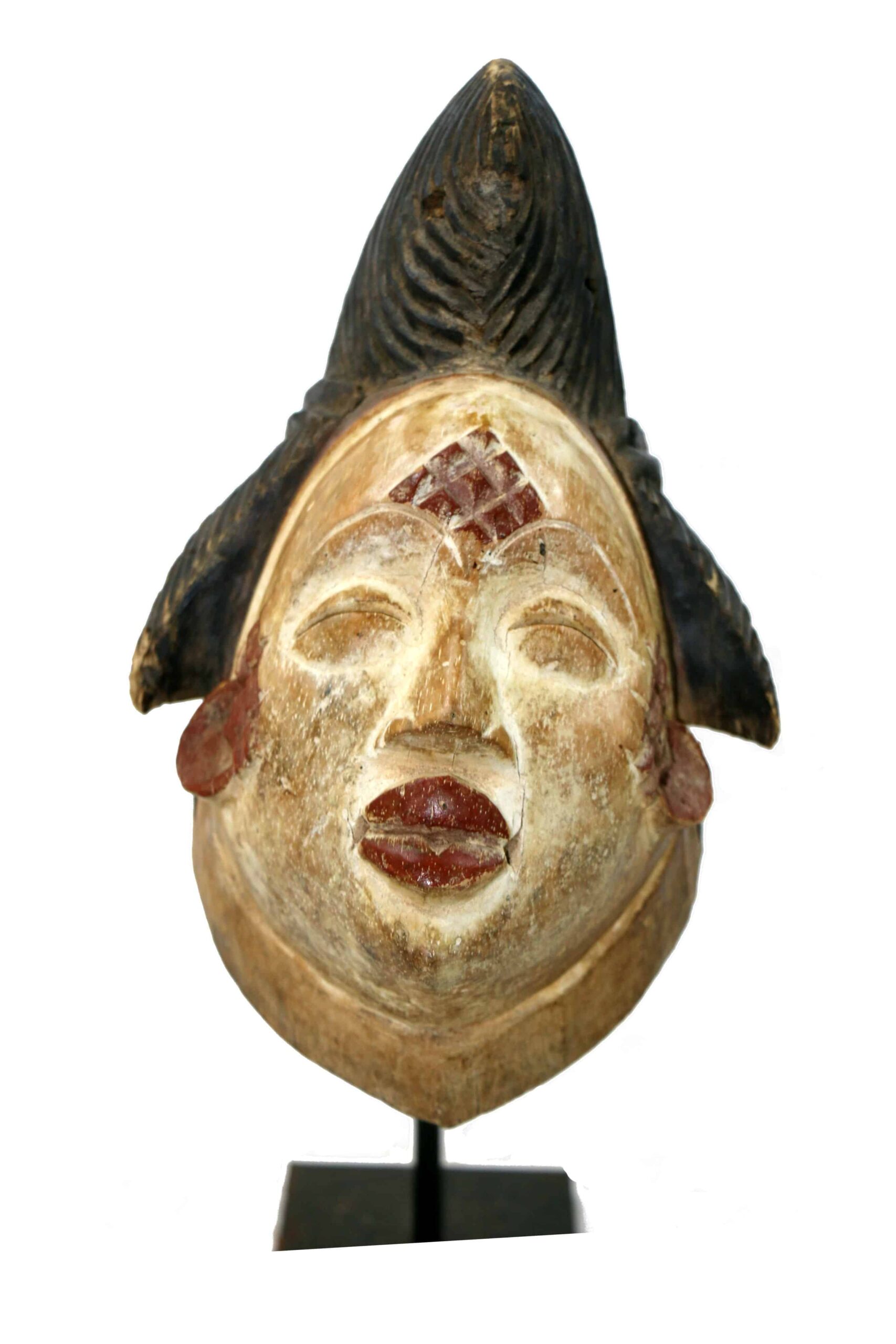
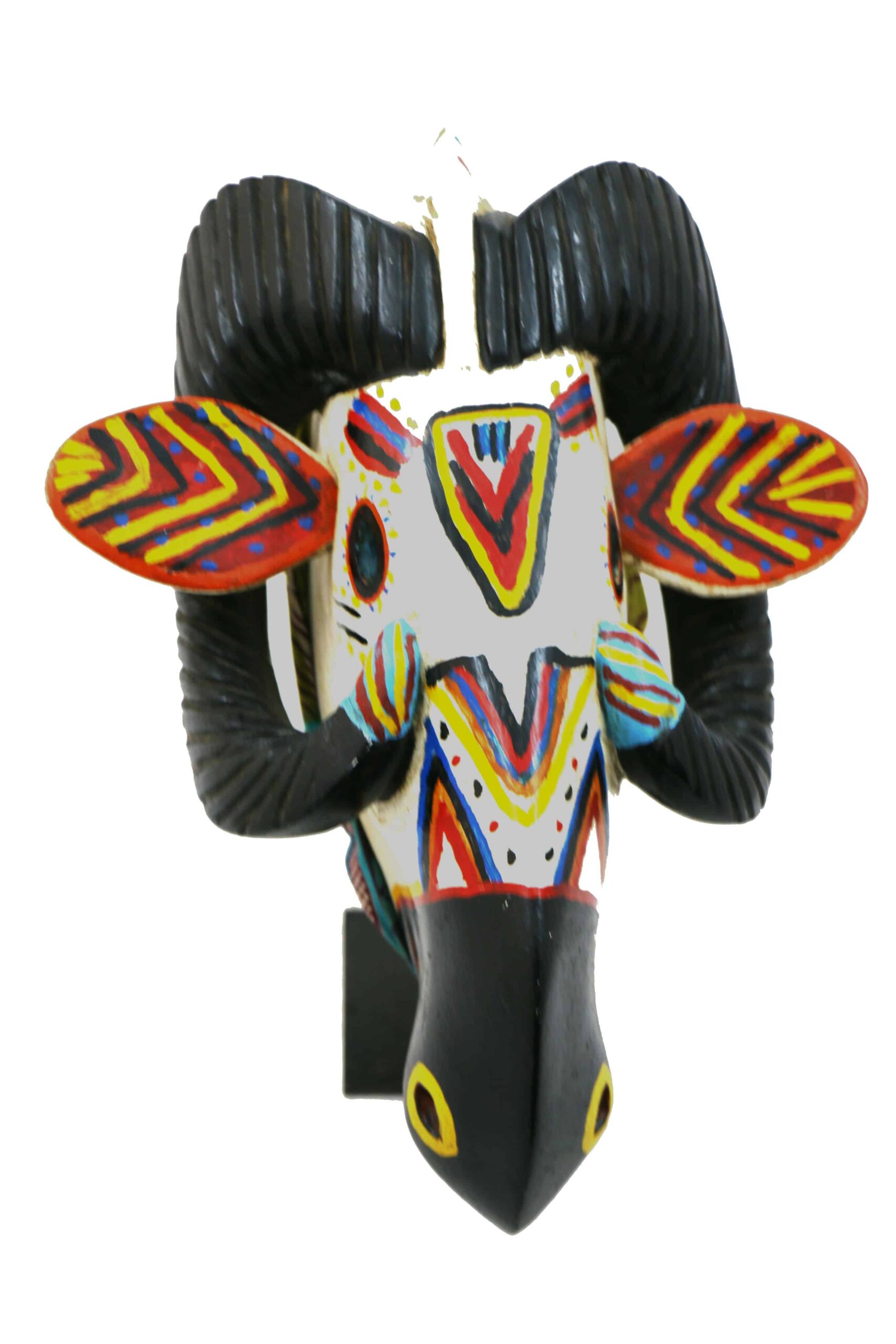
Mask “Mbuya” from the Pende people of DR Congo
This somber mask is called “Mbuya” and originates from the Pende people of DR Congo. The mask is made of wood, pigments, and raffia. Pende masks are among the most dramatic works of all African art.
Made of 100% wood, red pigments.
Model is W 51 – H 17 and Weight 1.2 kg.
Description
This somber mask is called “Mbuya” and originates from the Pende people of DR Congo. The mask is made of wood, pigments, and raffia. In Pende, when creating a mask, what counts above all is the song. From the creation of words and music, mask wearer creates the suit and then he will see the sculptor and commissioned the wooden mask. Finally, he developed a choreography corresponding to the character. “
Pende masks are among the most dramatic works of all African art. All told, about twenty characters and seven “masks of power” appear in ceremonies such as millet-planting celebration or circumcision and initiation ritual, and the ritual of enthronement of a chief. There are two styles: the western one of the Kwilu with its Mbuya mask characterized by a somber, gloomy expression such as this one, and the Kasai style that is more geometric and colorful. The Kwilu Pende are especially well known for their masks that were originally used for circumcision ceremonies but later became accessories for a type of popular theater. the Mbuya, or village masks, represent human types, such as the chief, the diviner, the epileptic with a twisted mouth, the madman or man in a trance, the widow, the lover, or the executioner.
Among the major works of Eastern (Kasai) Pende are fairly large sculptures intended either to glorify the chief’s house or to serve as protective doorposts. The Pende also make ritual or practical objects, such as chairs, stools, commanders’ stuffs, flutes, horns, whistles, drums, weapon, adzes, cups, mortars, and divination instruments.
The Pende recognize that spirits may be either good or bad, depending on the manner in which they died. The ancestors (mvumbi) are placated through various rituals and offerings. The family head is responsible for taking care of the shrines and appeasing the spirits.
The Pende people (singular: Mupende; plural: Bapende), also known as the Phende people, are an ethnic group in the south-western Democratic Republic of the Congo. The Pende are divided into two cultural groups: the Eastern Pende and the Western Pende who are distinct but consider themselves part of the same ethnic group. The number of people who consider themselves to be ethnically Pende is estimated at over 250,000.
Additional information
| Weight | 1.2 kg |
|---|---|
| Dimensions | 17 × 51 cm |
| Color | |
| Material |
Leave a reply Cancel reply
Returns and Exchanges
There are a few important things to keep in mind when returning a product you purchased.You can return unwanted items by post within 7 working days of receipt of your goods.
- You have 14 calendar days to return an item from the date you received it.
- Only items that have been purchased directly from Us.
- Please ensure that the item you are returning is repackaged with all elements.
Ship your item back to Us
Firstly Print and return this Returns Form to:
30 South Park Avenue, San Francisco, CA 94108, USA
Please remember to ensure that the item you are returning is repackaged with all elements.
For more information, view our full Returns and Exchanges information.

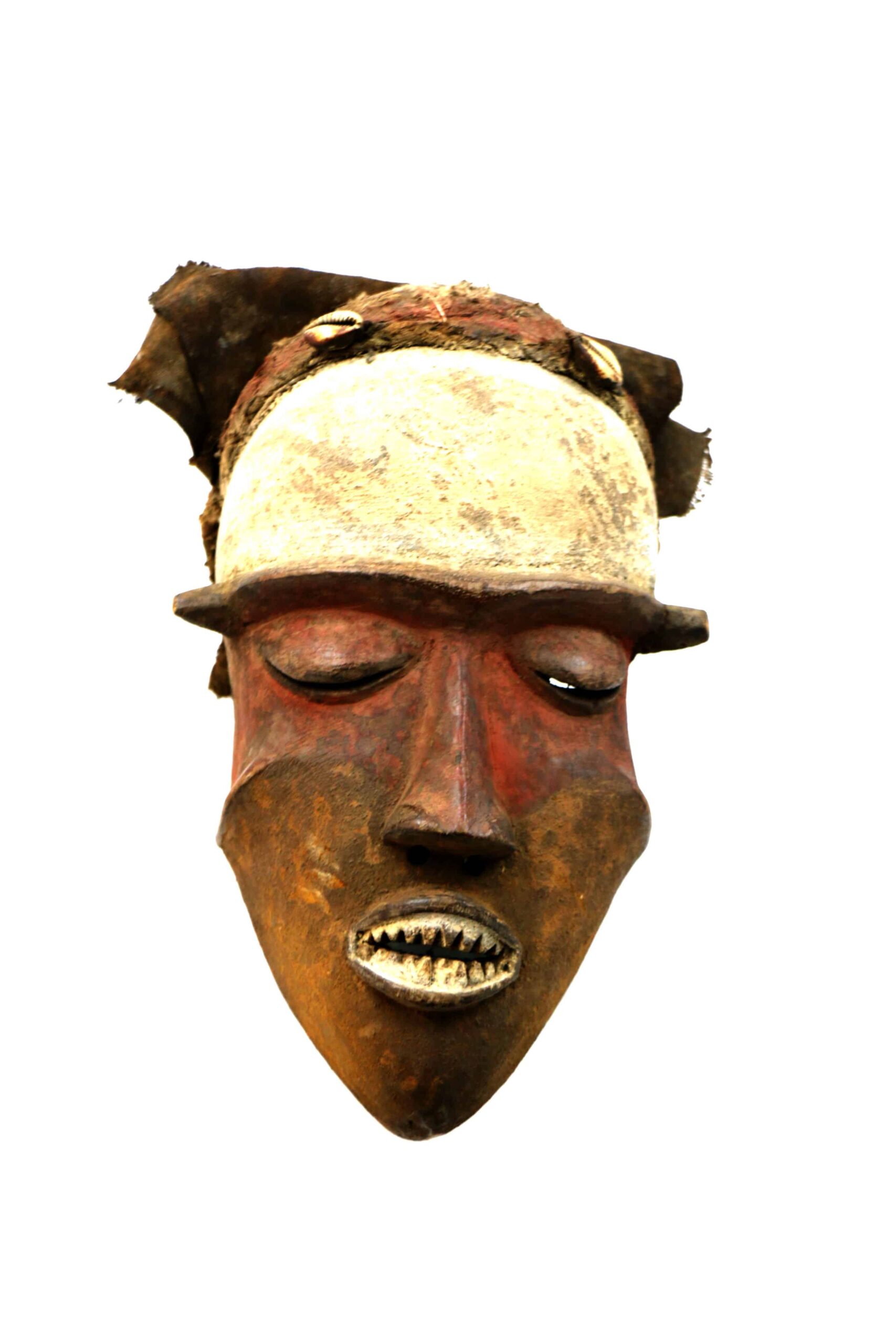
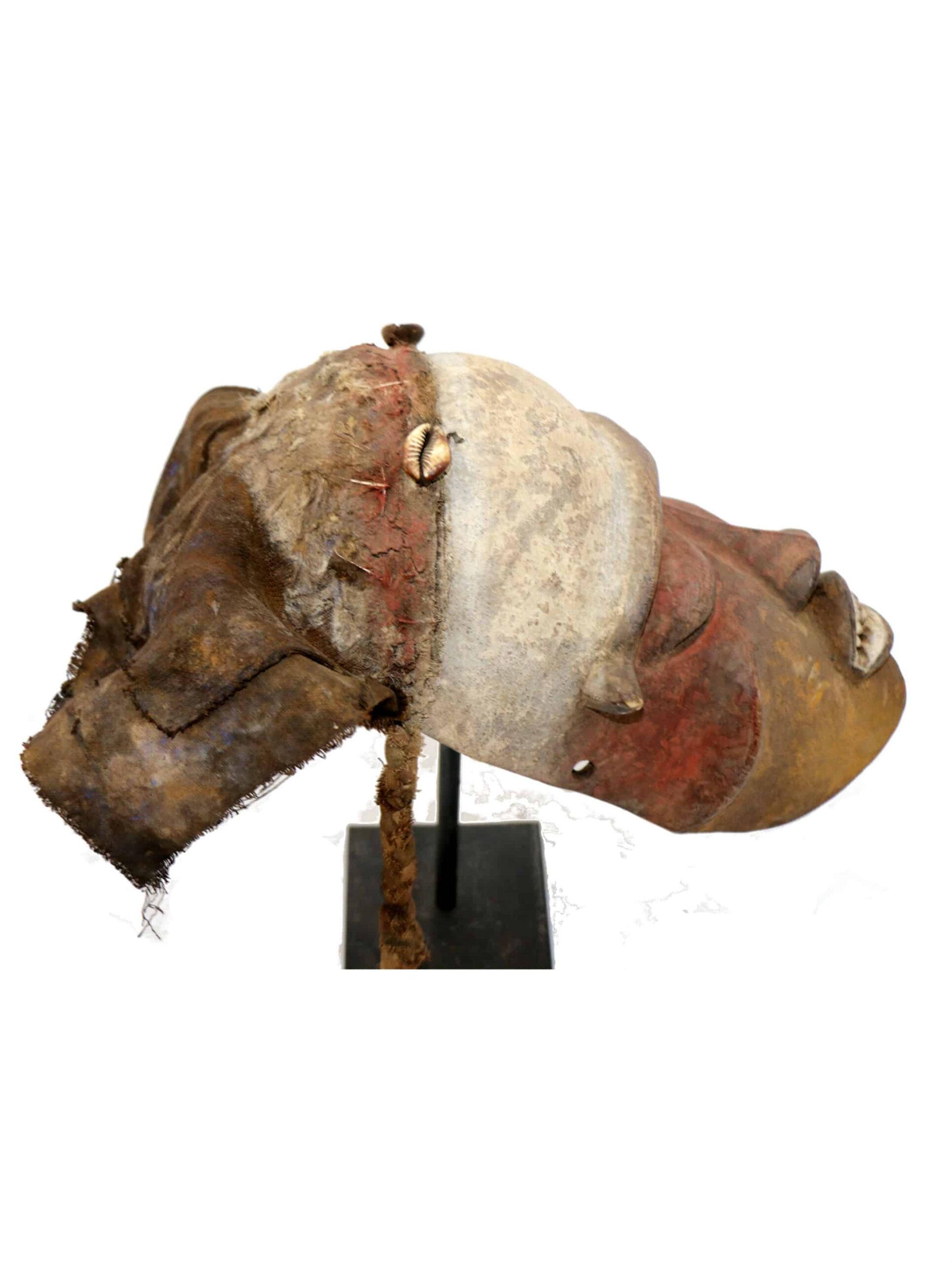
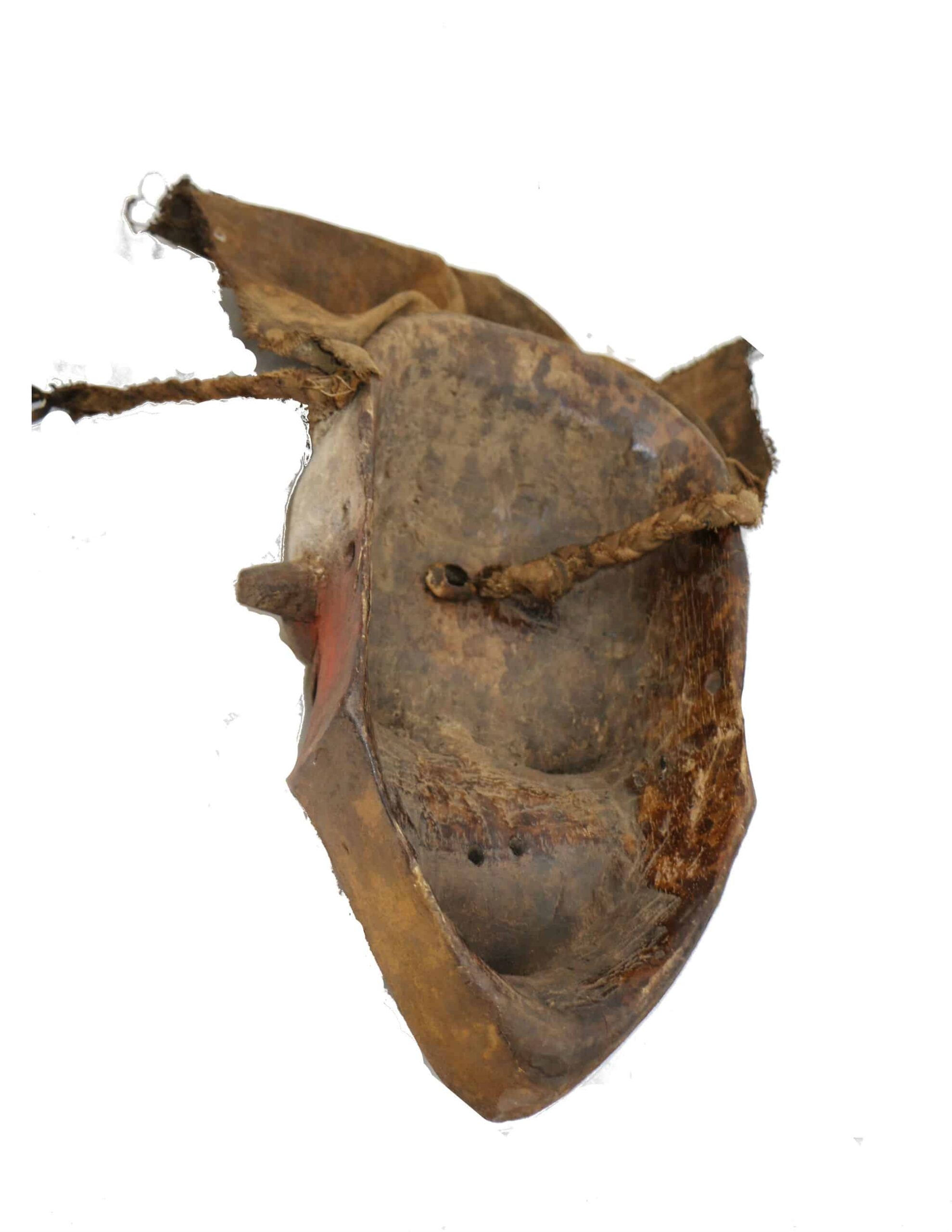
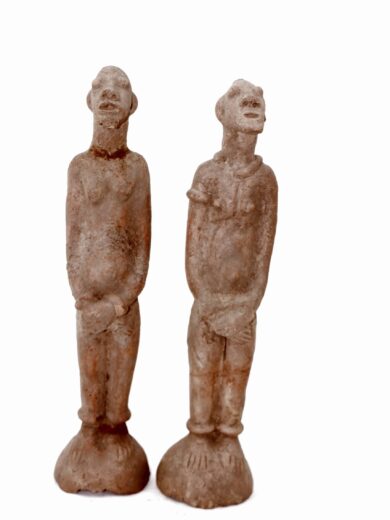
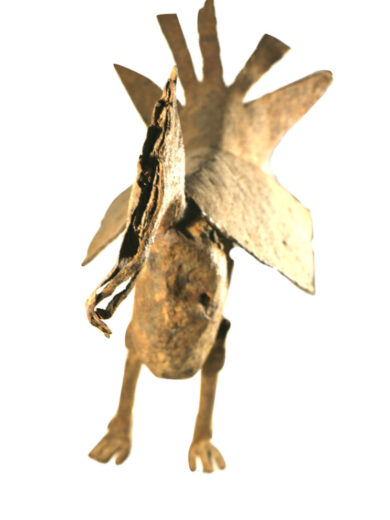
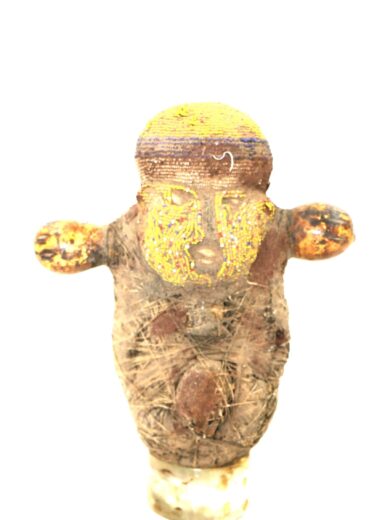
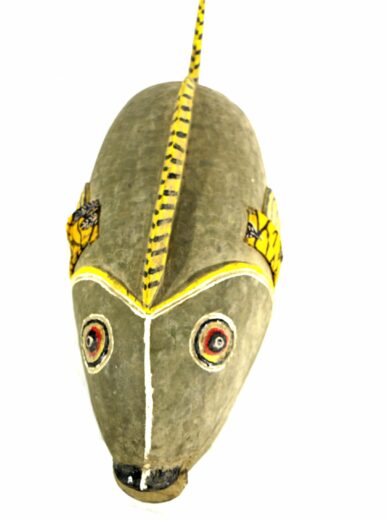
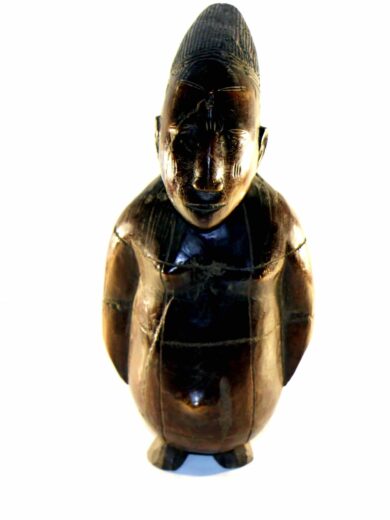
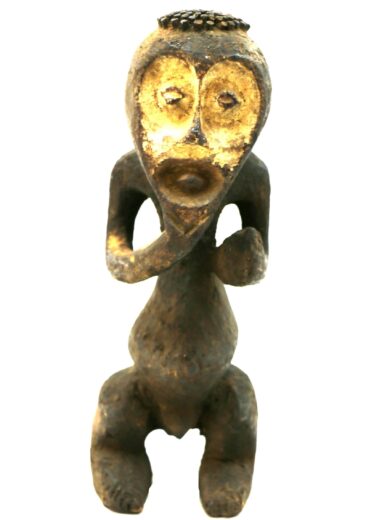
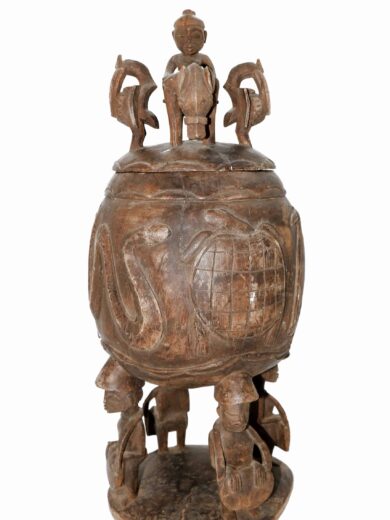
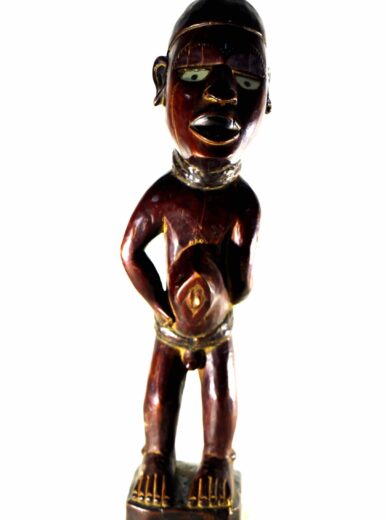
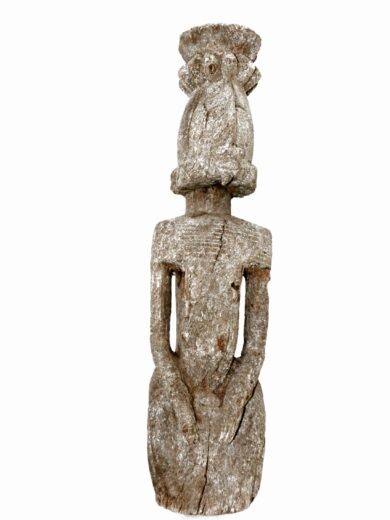
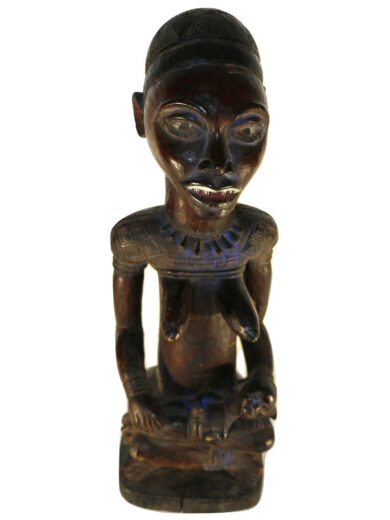
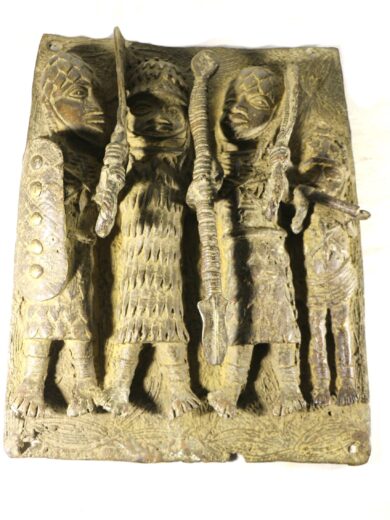
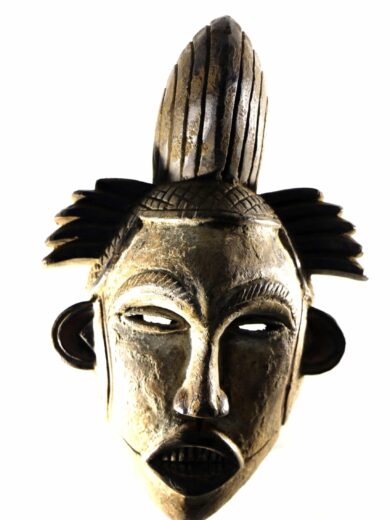
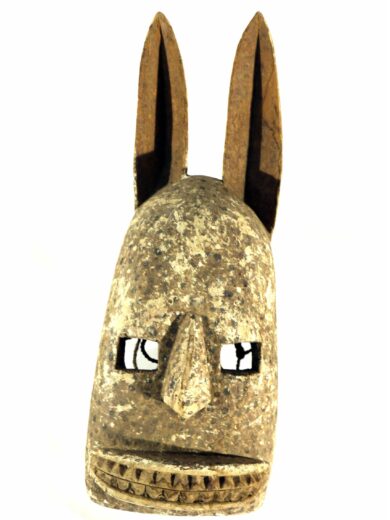
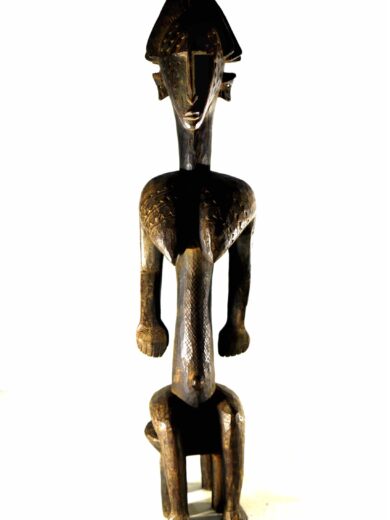
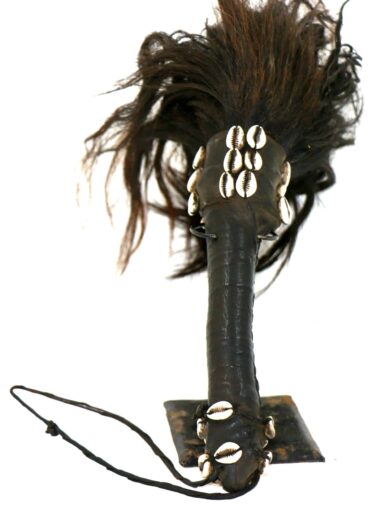
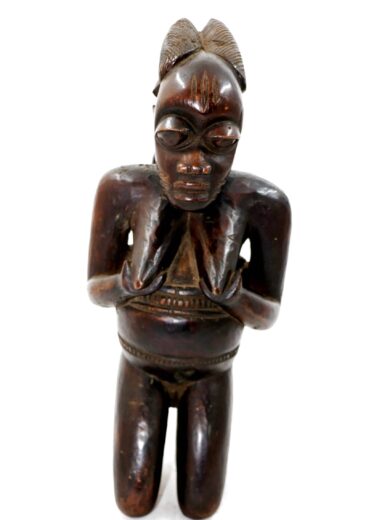
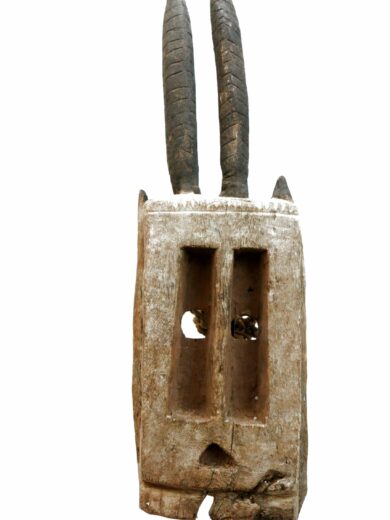
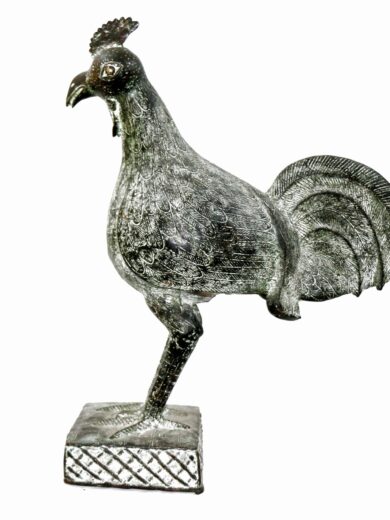
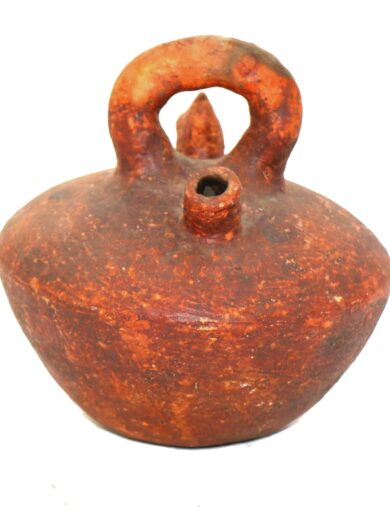
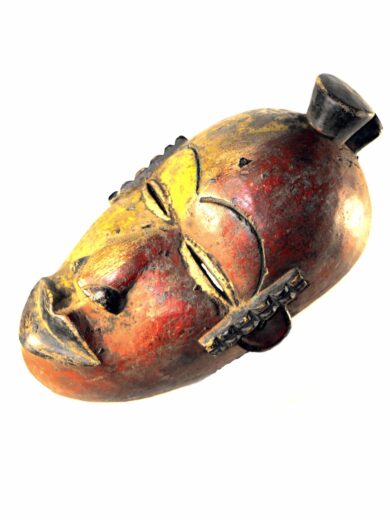
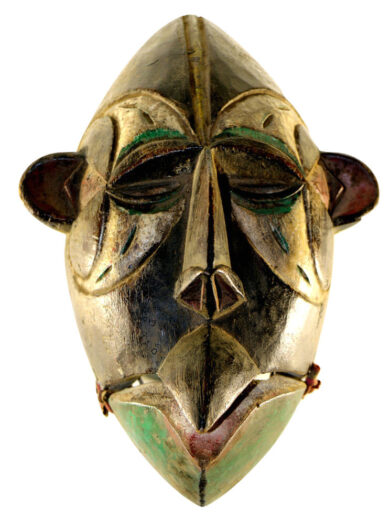
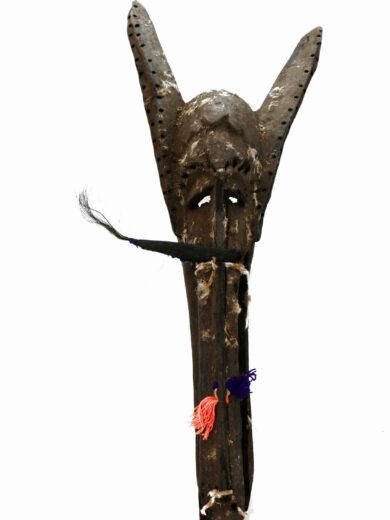
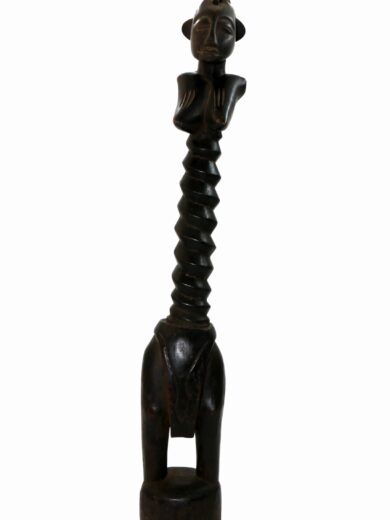
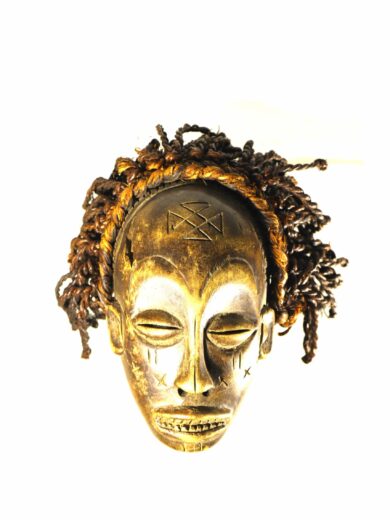
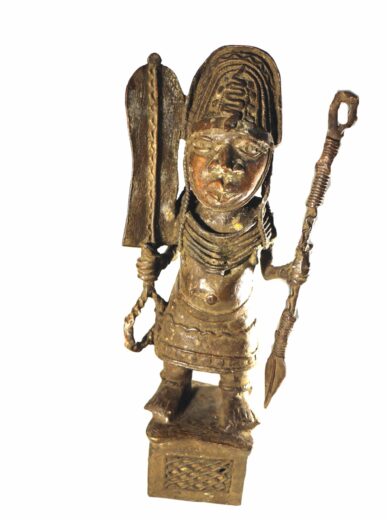
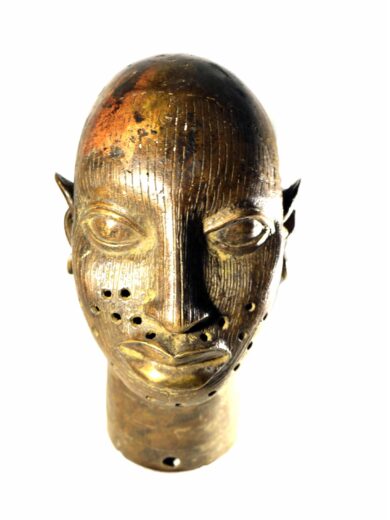
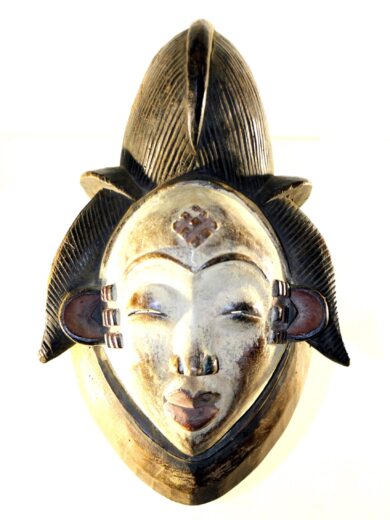
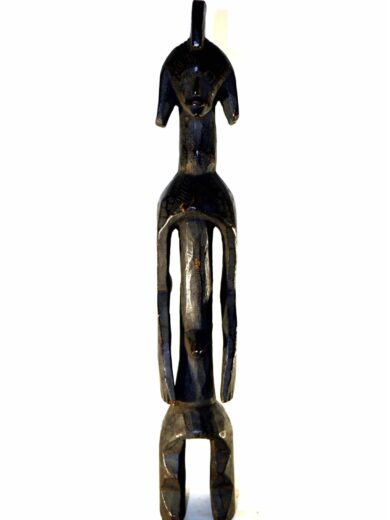
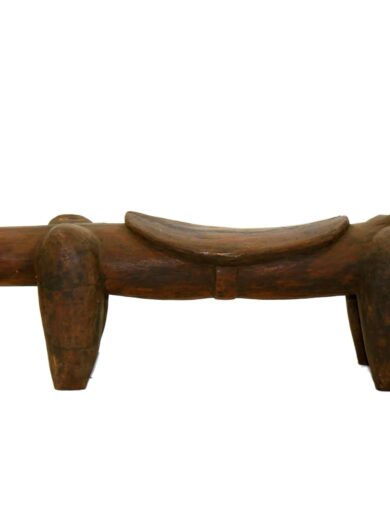
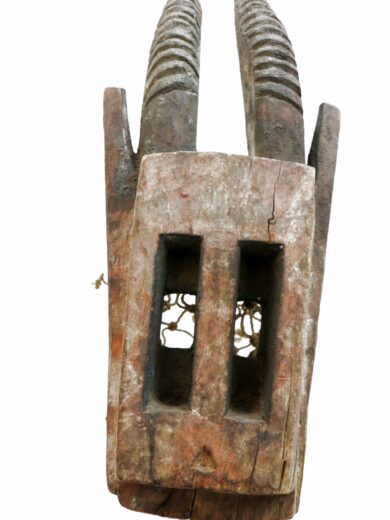
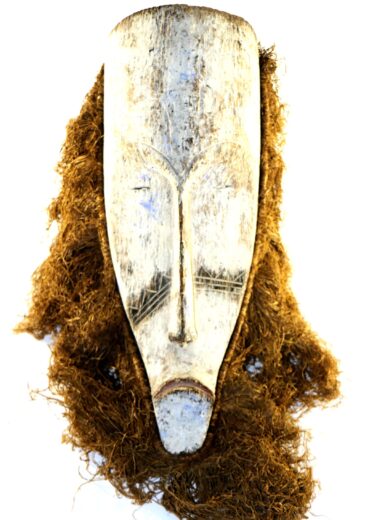
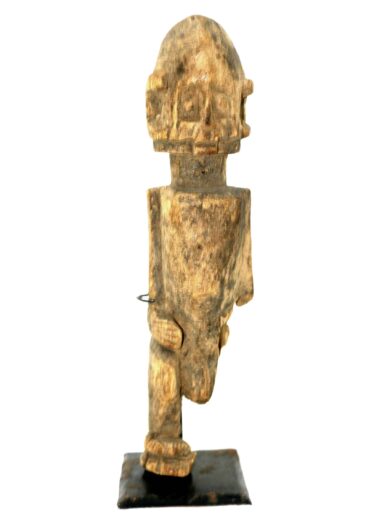
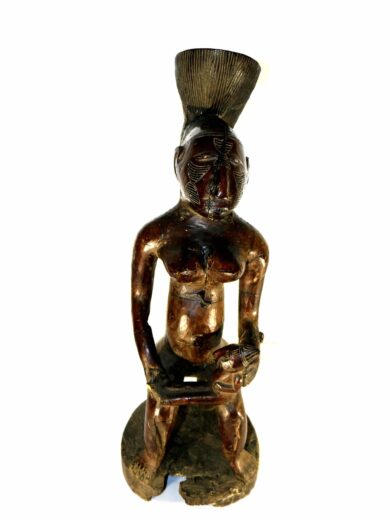
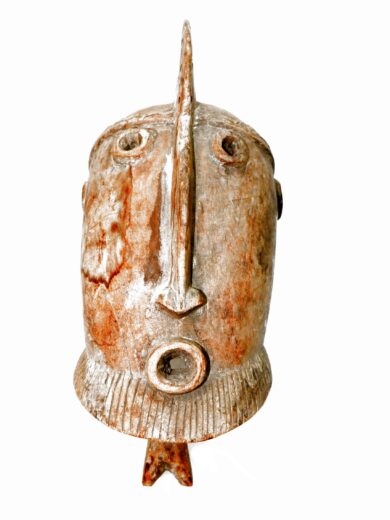
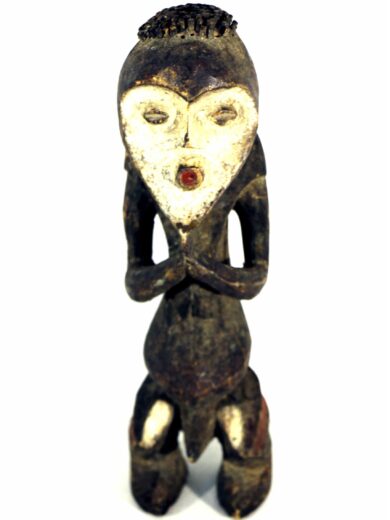
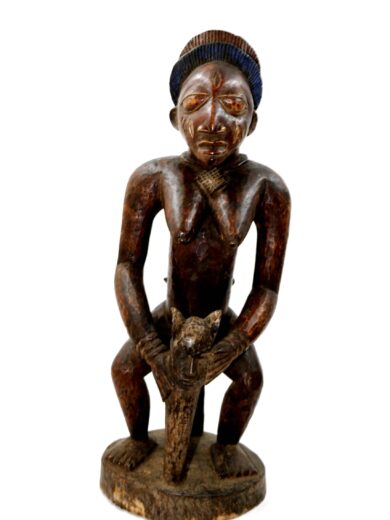
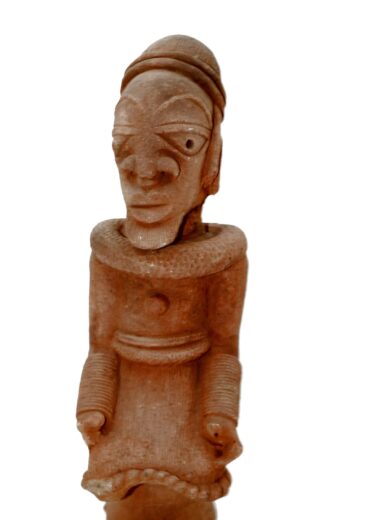
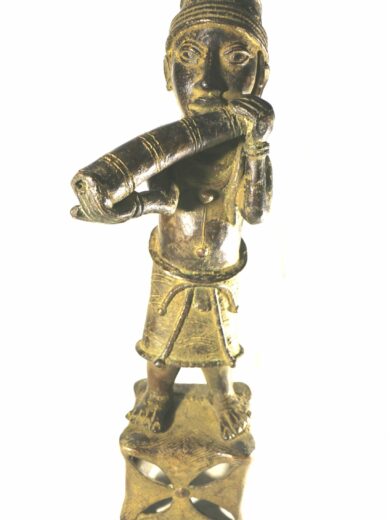
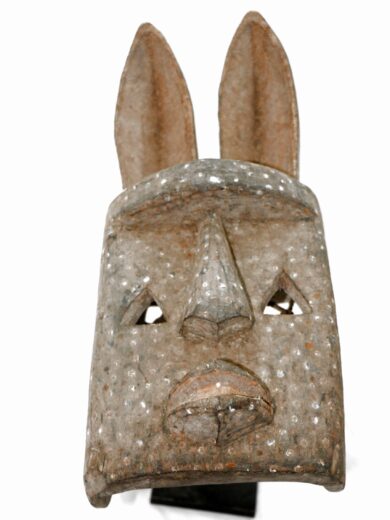
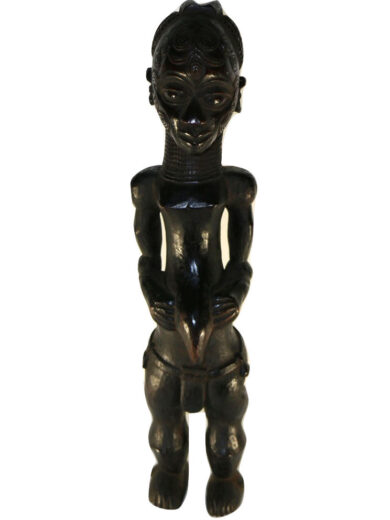
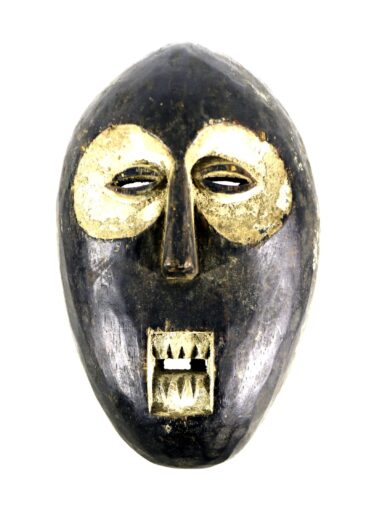
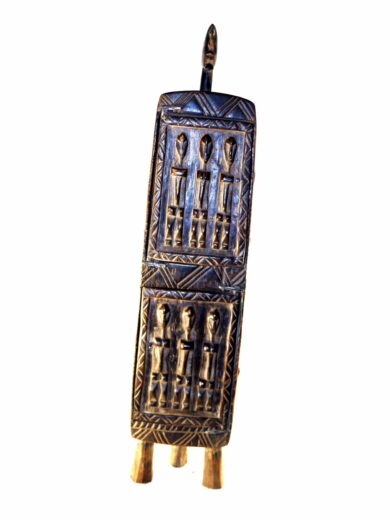
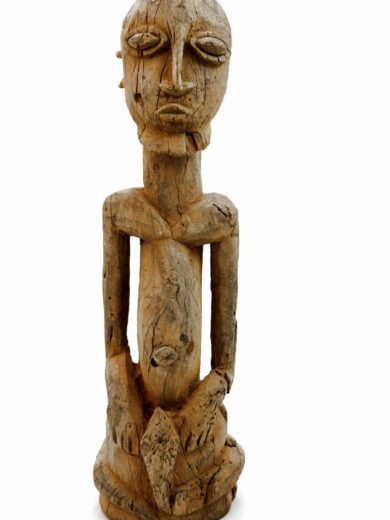
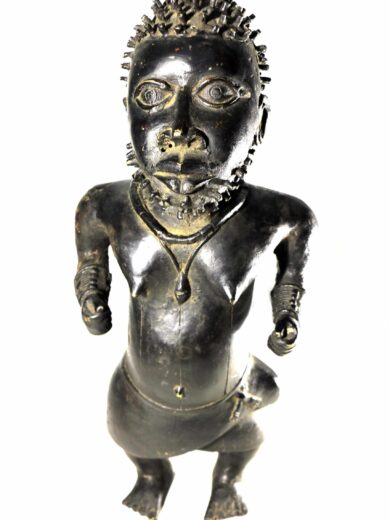
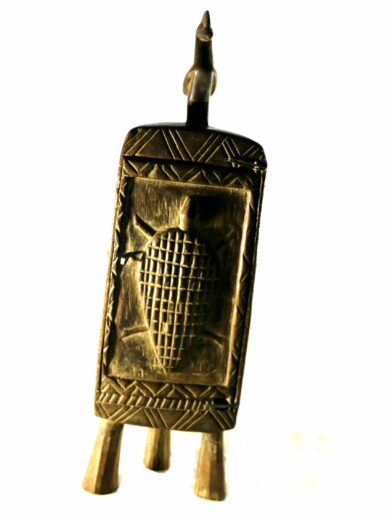
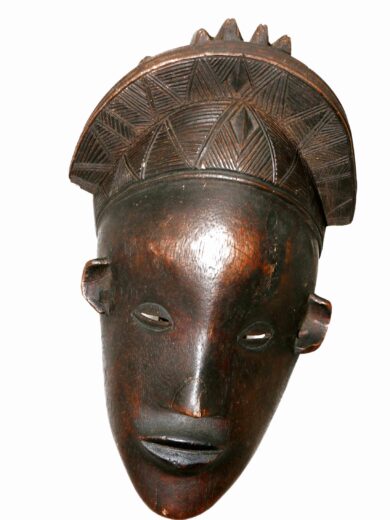
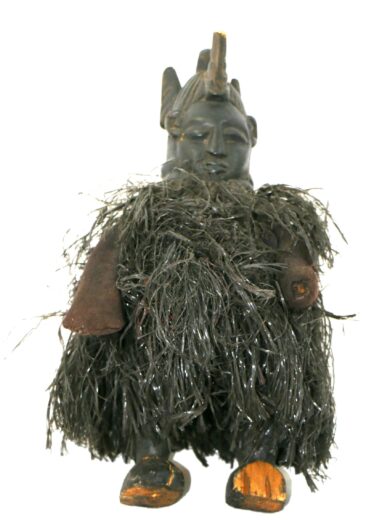
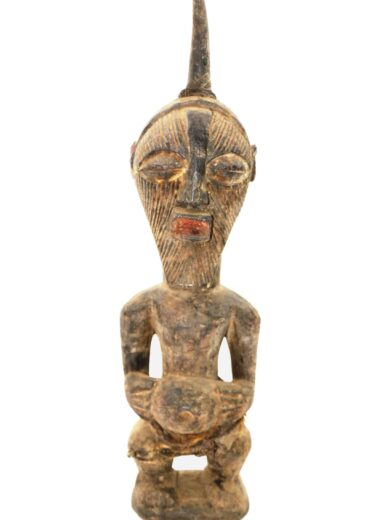
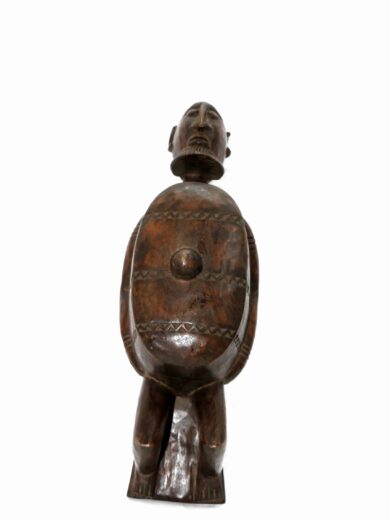
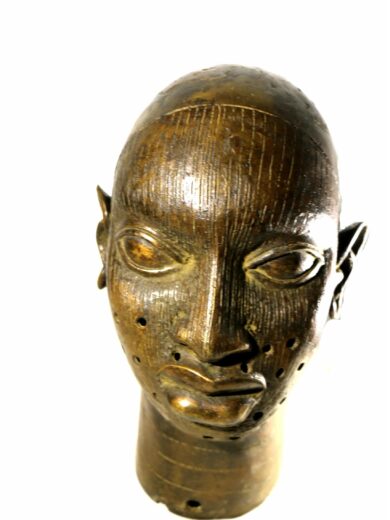

Reviews
There are no reviews yet.